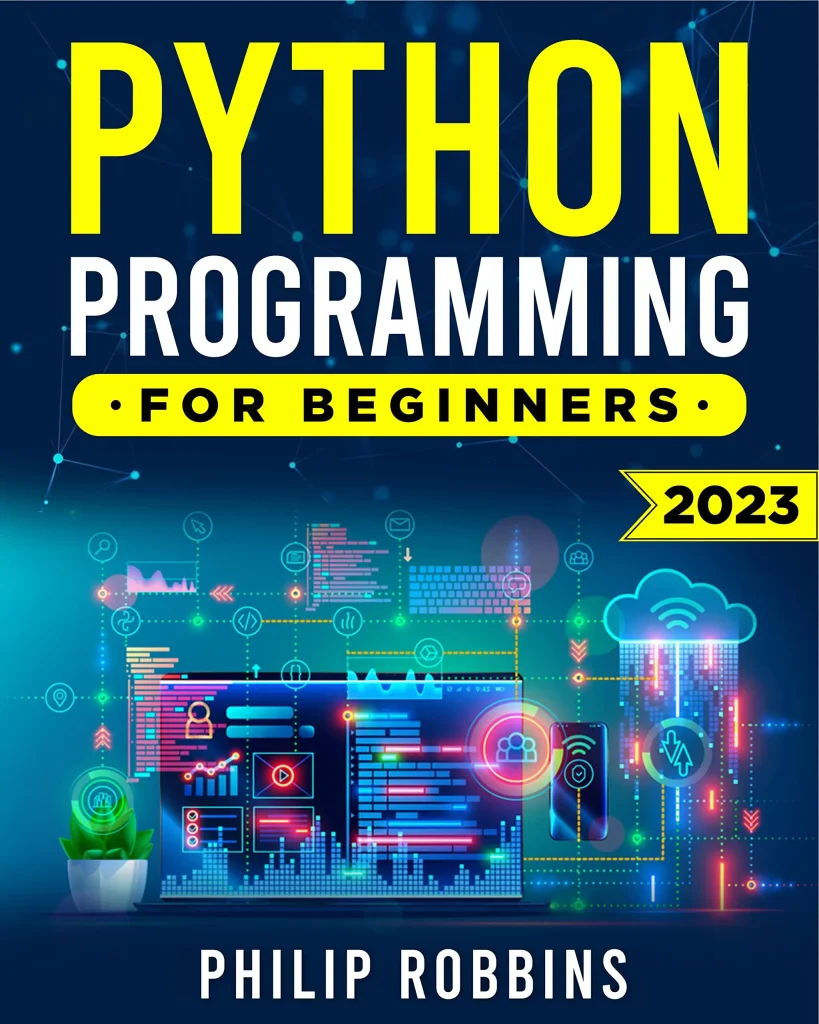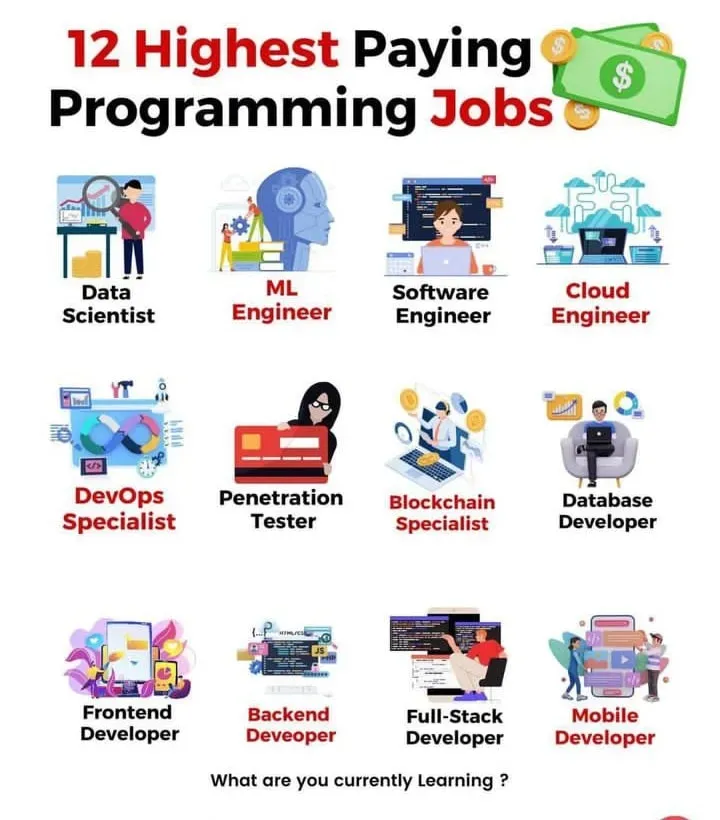Python programming for beginners opens a gentle doorway into code, thanks to its readable syntax, extensive libraries, and a welcoming community that helps newcomers move from curiosity to competence. This introductory guide maps out a practical 30-day Python plan designed to build confidence quickly, with daily tasks that blend theory, hands-on practice, and small wins. As you follow the steps, you’ll gain a solid grasp of Python basics, learn how to work with variables, loops, and data types, and see how these fundamentals translate into real projects you can share. The plan emphasizes beginner Python projects that illustrate real-world usefulness, from automating routine tasks to simple data tasks, helping you learn quickly while building a portfolio you can showcase. By the end, you’ll not only memorize syntax but also develop problem-solving habits, debugging strategies, and the motivation to continue exploring Python and related skills.
For newcomers, this is a friendly getting started with Python journey that emphasizes practical skills over theory alone. You’ll encounter a gentle introduction to programming concepts like variables, control flow, functions, and data structures, framed with concrete examples and quick wins. Think of it as an introductory Python learning path that blends bite-sized lessons with hands-on exercises, enabling steady progress as you move from printing messages to building small tools. Along the way, you’ll explore learning resources, community support, and starter projects you can customize, while developing debugging habits and a mindset for problem solving. By leveraging this descriptive, learner-friendly approach, you’ll gain confidence to tackle more ambitious topics such as data handling, automation, or web routines on your terms.
Python programming for beginners: A 30-day plan to learn Python quickly
Starting with Python programming for beginners sets a friendly pace. The language’s readable syntax reduces intimidation, and a clear 30-day Python plan helps you build momentum while focusing on Python basics like variables, data types, and simple control flow. With daily practice, you move from novelty to competence, turning ideas into small, working scripts rather than memorized rules.
As you follow this 30-day plan, you’ll move from basic scripts to beginner Python projects that demonstrate real-world usefulness. You’ll learn to read and write files, work with lists and dictionaries, and compose small functions to organize code. This path aligns with the goal to learn Python quickly while building confidence, demonstrating your progress to future employers or collaborators.
Master Python basics with Python for beginners: a guided 30-day plan and hands-on projects
To become proficient, start with Python basics and embrace Python for beginners communities and resources. This stage emphasizes core concepts such as data structures, control flow, and error handling, all reinforced by a steady 30-day Python plan. By pairing explanations with small exercises, you’ll internalize patterns that recur across scripts and apps.
By week four, you’ll have completed and documented beginner Python projects that demonstrate your growing capability. The emphasis on practical tasks—automation, data handling, and simple tooling—helps you build a portfolio and confidence to tackle more advanced topics in Python programming for beginners. Keeping a log of what you built and what you learned ensures steady progress toward your goals.
Frequently Asked Questions
How can a 30-day Python plan help Python for beginners learn Python quickly and effectively?
A 30-day Python plan provides a structured, daily path from setup to core programming concepts, helping Python for beginners learn Python quickly through focused practice. It guides you through Python basics (variables, data types, control flow) and progressively adds more advanced topics (loops, functions, lists, dictionaries, files, and a touch of object‑oriented concepts). By finishing short, hands-on exercises each day, you build problem‑solving habits, debugging skills, and a small portfolio of beginner Python projects that demonstrates progress.
What beginner Python projects should I target to apply Python basics and showcase progress?
Start with small, practical beginner Python projects that reinforce Python basics: a simple contact manager with basic storage, a calculator with input validation, and a quiz or to-do list that reads and writes data to a file or JSON. Each project reinforces key concepts such as variables, control flow, functions, and file I/O, while giving you tangible artifacts you can add to your portfolio as you continue learning Python.
| Aspect | Key Points |
|---|---|
| Objective | Provide a practical, structured 30-day learning path designed specifically for Python programming for beginners, moving from basic syntax to simple projects while building problem-solving skills and a starter portfolio. |
| Plan Structure | Week-by-week plan with daily Day 1–Day 7 entries across four weeks, starting with Python basics, then control flow and functions, then data handling and files, and finally object-oriented basics and projects; includes hands-on exercises and mini-projects. |
| Why 30-Day Pace | Long enough to cover fundamentals, short enough to stay focused; daily practice reinforces memory and builds momentum; helps identify problem patterns and fosters practical coding habits. |
| What You’ll Gain |
|
| Core Topics Covered |
|
| Practice & Learning Approach |
|
| End Goals |
|
| Optional Customization |
|



